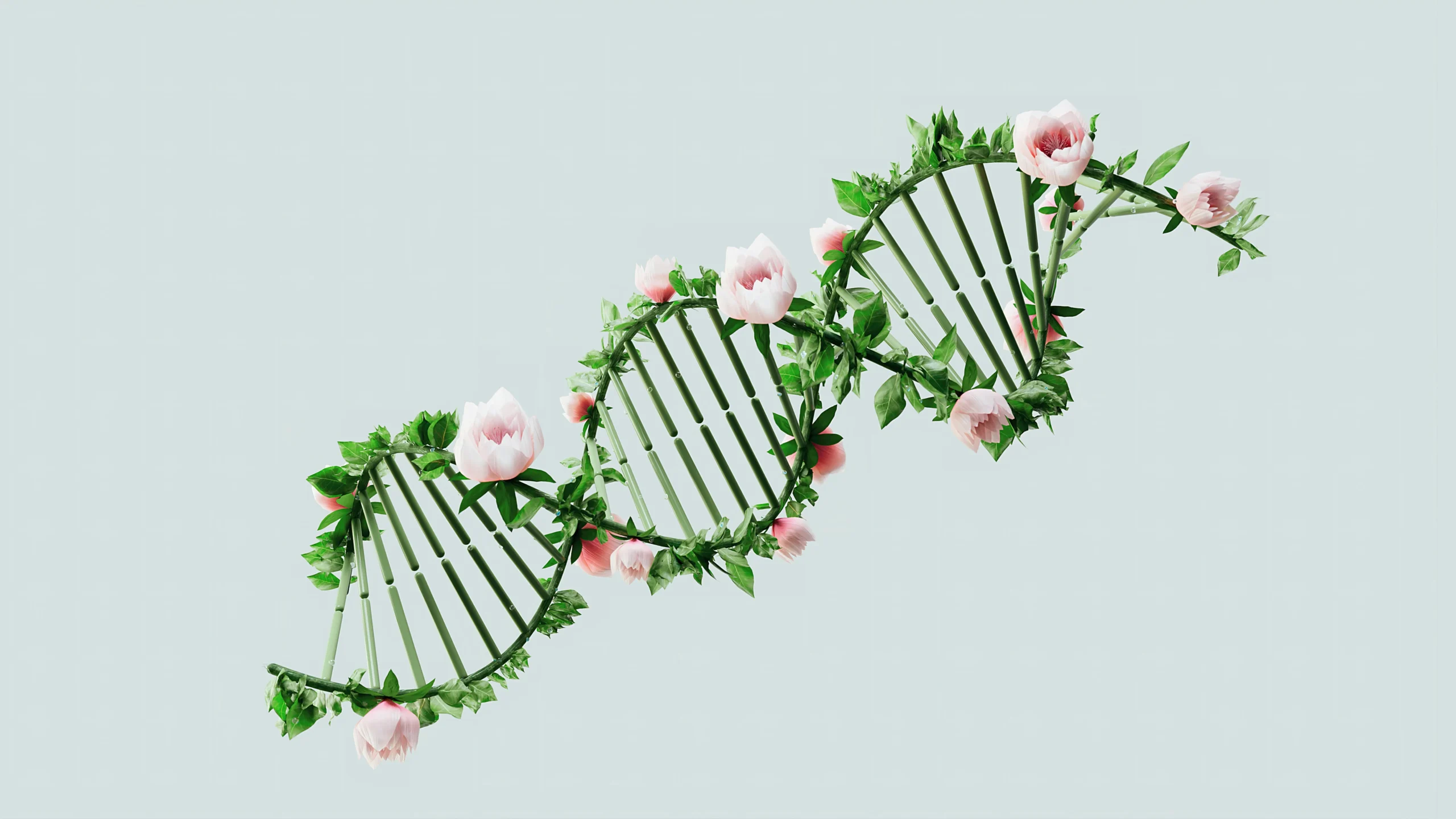Igniting Curiosity: Top Science Reads Every Beginner Needs in 2025
Did you know that 65% of adults feel they lack a basic understanding of scientific concepts? In a world driven by AI, quantum computing, and bioengineering, science literacy isn’t just for researchers—it’s essential for entrepreneurs, innovators, and anyone aiming to stay ahead. Whether you’re building a startup, crafting marketing strategies around cutting-edge tech, or simply craving intellectual growth, the right science books for beginners can unlock doors you never knew existed. This guide isn’t about dense textbooks or jargon-heavy manuals. Instead, we’ve curated the most engaging, accessible, and impactful science books for beginners in 2025, designed to transform confusion into clarity. Ready to explore black holes, decode DNA, or demystify artificial intelligence? Let’s dive in.
Why Science Literacy Matters in 2025
In an era where startups pivot on breakthroughs in CRISPR and marketers leverage neuromarketing, understanding science is no longer optional. **Science literacy empowers decision-making**, fuels innovation, and helps demystify trends shaping industries. For instance, entrepreneurs who grasp machine learning basics can better evaluate AI tools, while marketers versed in neuroscience can craft campaigns that resonate deeply. Beyond career benefits, science books for beginners foster critical thinking—a skill the World Economic Forum ranks among the top five for future jobs. A 2025 Pew Research study found that 78% of professionals credit science reading with enhancing problem-solving abilities. Start with foundational concepts, and you’ll soon see patterns connecting quantum physics to cryptocurrency or genomics to personalized healthcare.
Best Overall Science Books for Beginners
Kickstart your journey with **universal primers** that make complex ideas relatable. *A Short History of Nearly Everything* by Bill Bryson remains a timeless favorite, blending humor with cosmology, geology, and chemistry. For biology enthusiasts, Siddhartha Mukherjee’s *The Gene: An Intimate History* weaves genetics into gripping narratives. Physics more your speed? *Seven Brief Lessons on Physics* by Carlo Rovelli transforms relativity and quantum mechanics into poetic, digestible essays. These books avoid equations, focusing instead on storytelling and real-world relevance. Pro tip: Pair these reads with podcasts like *Science Vs* or TED Talks for multimedia reinforcement.

Cutting-Edge Topics Made Accessible
2025’s breakthroughs demand fresh perspectives. Dive into AI with *Life 3.0* by Max Tegmark, which explores a future shaped by superintelligence—without requiring a computer science degree. For quantum curious minds, *The Quantum Universe* by Brian Cox and Jeff Forshaw simplifies particle physics using everyday analogies. *The Code Breaker* by Walter Isaacson, profiling CRISPR pioneer Jennifer Doudna, merges biotech innovation with ethical debates. These titles prove you don’t need a PhD to grasp transformative ideas. **Look for authors who prioritize clarity over complexity**, and don’t shy away from books with visuals—infographics and diagrams can accelerate understanding.
Science Books for Entrepreneurs and Innovators
Innovation thrives at the intersection of science and business. *The Innovators* by Walter Isaacson charts the collaboration behind digital revolutions, offering lessons for team-driven startups. In *Loonshots*, physicist Safi Bahcall reveals how “crazy” ideas like GPS or mRNA vaccines become realities—perfect for disruptors. Meanwhile, *Range* by David Epstein argues that generalists (not specialists) often spearhead breakthroughs, a reassuring read for multipotentialites. These books don’t just explain science; they **extract actionable strategies** for scaling ideas. For deeper dives, explore Nature’s entrepreneurship series, highlighting science-backed startups.
Interactive and Visual Science Guides
Prefer learning through visuals or hands-on experiments? *The Manga Guide to Physics* uses comic storytelling to explain motion and energy—ideal for visual learners. For chemistry buffs, *The Elements* by Theodore Gray turns the periodic table into a photographic journey. Younger readers (or young-at-heart adults) will adore *Astrophysics for Young People in a Hurry* by Neil deGrasse Tyson, packed with cosmic wonders. **Interactive formats reduce intimidation**, making abstract concepts tangible. Supplement these with YouTube channels like Veritasium or Khan Academy for dynamic explanations.
Building a Science Reading Habit
Consistency beats intensity. Start with 15-minute daily sessions, using apps like Blinkist to sample summaries before committing. Join virtual book clubs focused on science books for beginners—platforms like Goodreads host active communities. Mix genres: alternate a heavy physics read with a lighthearted science memoir like *Lab Girl* by Hope Jahren. **Track your progress** with journals or apps like Notion, celebrating milestones like finishing a chapter on evolution or grasping entropy. Remember, even Einstein asked “dumb” questions—curiosity, not expertise, drives discovery.
In 2025, science isn’t confined to labs—it’s the language of progress. The best science books for beginners act as bridges, connecting you to the ideas reshaping our world. From quantum computing to genetic editing, these reads equip you to engage confidently in debates, innovate ethically, and lead with knowledge. So grab a book, join a discussion, and let your curiosity run wild. The next breakthrough might start with your reading list. **Which title will you pick first?** Share your journey with #ScienceStarter2025 and inspire others to begin theirs.
